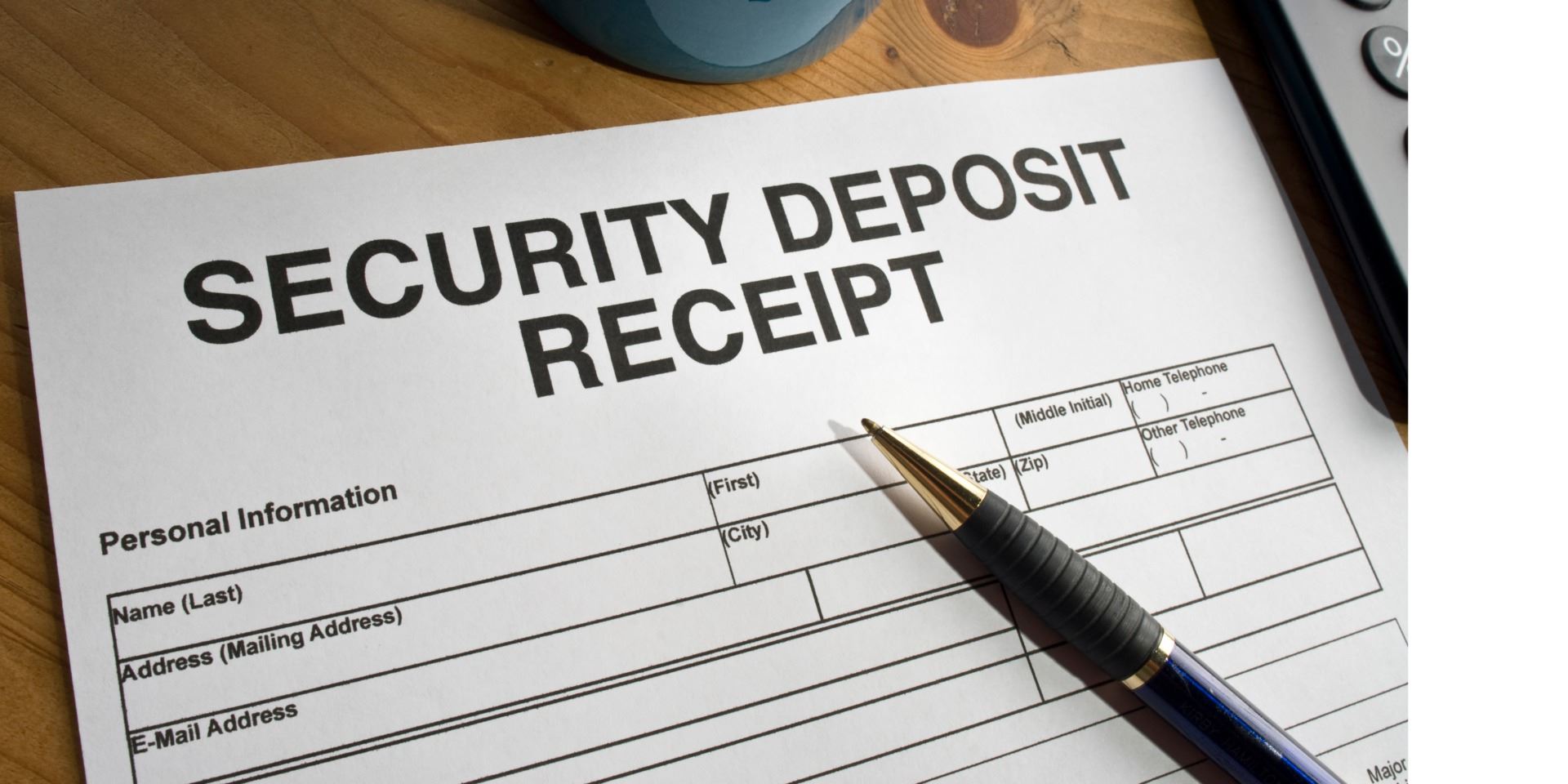
The security deposit is a mechanism that landlords of both residential and commercial properties commonly use to help ensure a tenant abides by its various lease obligations, requirements, and representations. What is a security deposit exactly? A security deposit is a certain amount of money a tenant gives over to a landlord for the landlord to hold throughout the term of the lease at issue. Security deposits are almost always in the form of cash given to the landlord, which the landlord will deposit in a segregated account to be held in the event the tenant defaults under its lease. In some situations, landlords will accept other forms of security for the tenant’s performance of its lease obligations, such as standby letters of credit or personal guarantees of performance – however those security options are beyond the scope of this article. Another distinction to be made when discussing security deposits is whether the underlying lease calling for a security deposit is a commercial or residential lease. Determining the type of property leased – i.e., either residential or commercial – allows for the determination of the laws that govern the security deposit.
In New York State, a very particular law governs commercial lease security deposits, including:
- the particular definition of a “security deposit;
- the actual ownership of a security deposit;
- the way in which a security deposit is to be held; and
- any fees that can be deducted from such security deposit.
This law is New York State General Obligations Law section 7-103. Under section 7-103, a security deposit is generally defined as “money [that shall be deposited or advanced on a contract or license agreement for the use or rental of rental property as security for performance of the contract or agreement or to be applied to payments upon such contract or agreement when due[.]”[1] Additionally, this section states that a security deposit shall remain the property of the tenant who gives over funds to the landlord. Landlords must hold all such deposits in trust for their tenants. Why is that the case? Holding deposits in trust ensure that the security deposit
- cannot be mixed in with the landlord’s personal funds,
- should be deposited in its own, segregated account, and
- cannot be applied unless the tenant defaults under the lease or pursuant to the terms of the lease.
Moreover, if the security deposit is for a rental in a property that contains six or more family dwelling units, the security deposit must be deposited in an interest-bearing account with a banking institution located within New York State.[2] Although this may not seem to be a commercial security deposit concern at first glance, many commercial spaces are in mixed-use buildings that contain six or more family dwelling units, which makes the preceding point relevant. In this situation, or for any other security deposit a landlord elects to deposit in an interest-bearing account at a banking institution, the landlord is entitled to retain one percent (1%) of the entire security deposit held as an administrative fee.[3] Any other interest earned on the security deposit must be, at landlord’s option, either:
- held in trust until the lease expires or is terminated;
- applied for the use or renal of the leased premises; or
- paid over to the tenant on an annual basis.[4]
For larger commercial landlords, issues like the commingling of security deposit funds, tracking of interest earned, and ensuring that the party that owns each security deposit is known and tracked can be daunting; addressing these issues requires a substantial amount of knowledge and oversight to ensure full compliance with the relevant legal standards and obligations. At KI Legal, we are well-versed in the law concerning commercial security deposits and the various aspects of administering these deposits. If you are a commercial landlord holding tenant security deposits in trust, please contact KI Legal today by calling (212) 404-8644 or emailing us to ascertain if you are in compliance and, if so, how to stay compliant.
[1] New York State General Obligations Law section 7-103(1)
[2] New York State General Obligations Law section 7-103(2)
[3] Id.
[4] Id.
*ATTORNEY ADVERTISING*
*PRIOR RESULTS DO NOT GUARANTEE A SIMILAR OUTCOME*
This information is the most up to date news available as of the date posted. Please be advised that any information posted on the KI Legal Blog or Social Channels is being supplied for informational purposes only and is subject to change at any time. For more information, and clarity surrounding your individual organization or current situation, contact a member of the KI Legal team.
_____________________________________________________________________________________________
KI Legal focuses on guiding companies and businesses throughout the entire legal spectrum. KI Legal’s services generally fall under three broad-based practice group areas: Transactions, Litigation and General Counsel. Its extensive client base is primarily made up of real estate developers, managers, owners and operators, lending institutions, restaurant and hospitality groups, construction companies, investment funds, and asset management firms. KI Legal’s unwavering reputation for diligent and thoughtful representation has been established and sustained by its strong team of reputable attorneys and staff. For the latest updates, follow KI Legal on LinkedIn, Facebook, and Instagram. For more information, visit kilegal.com.

